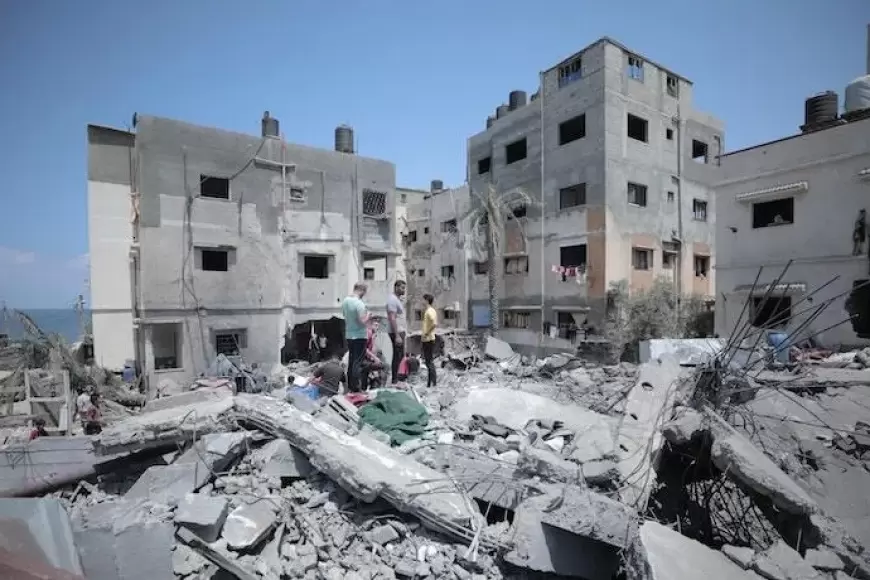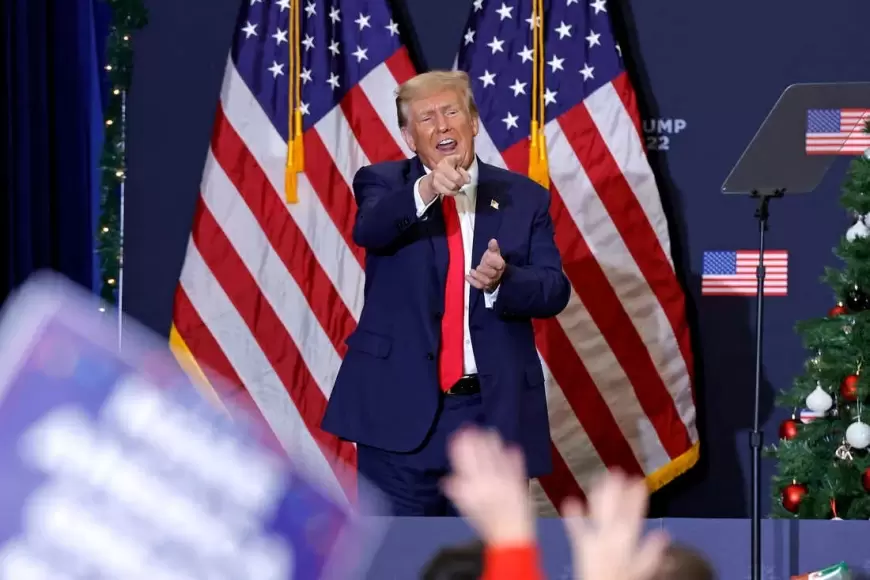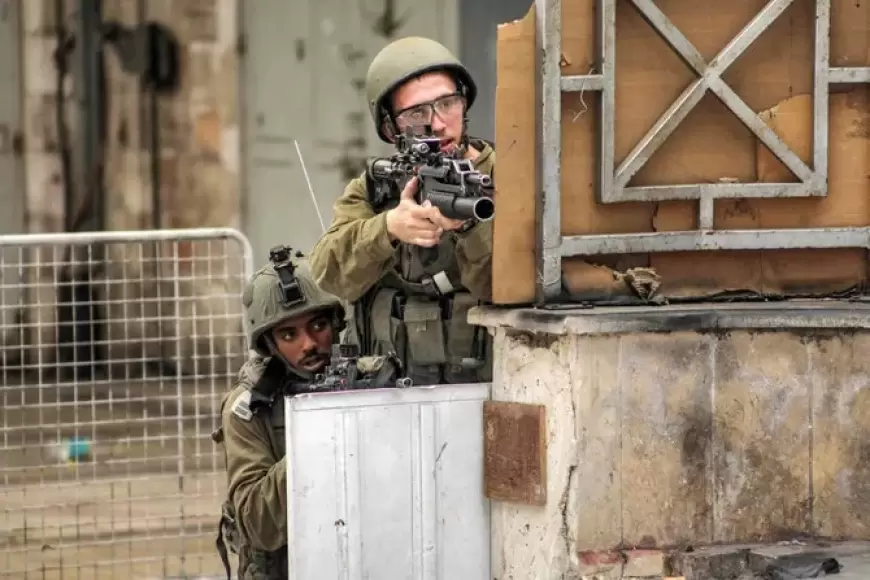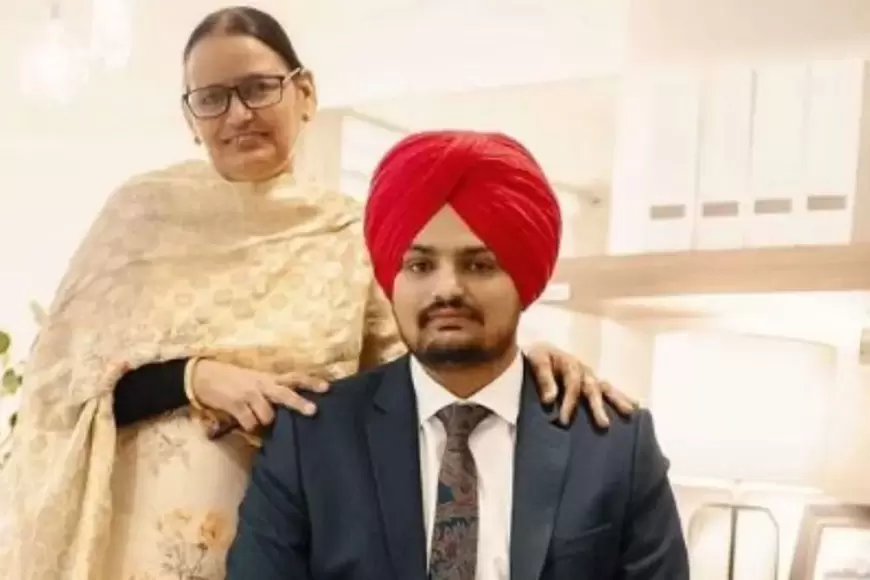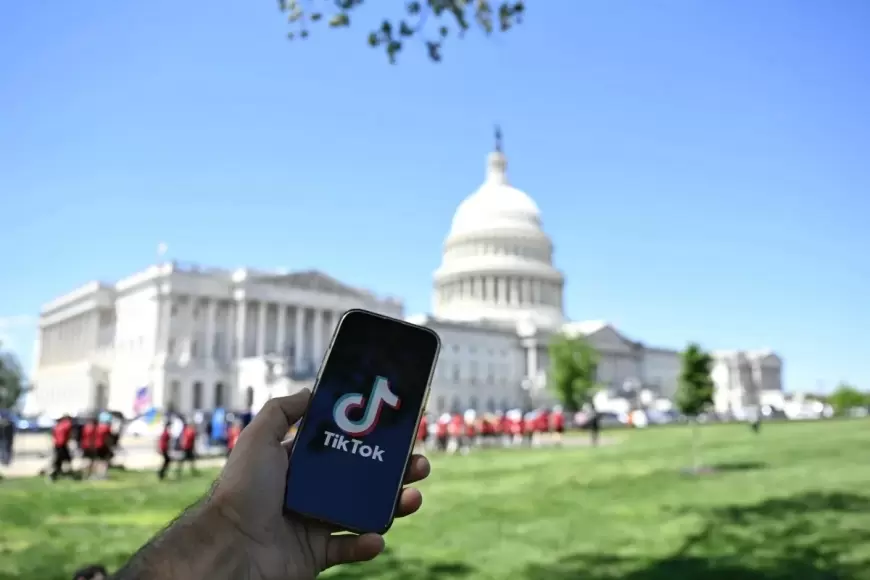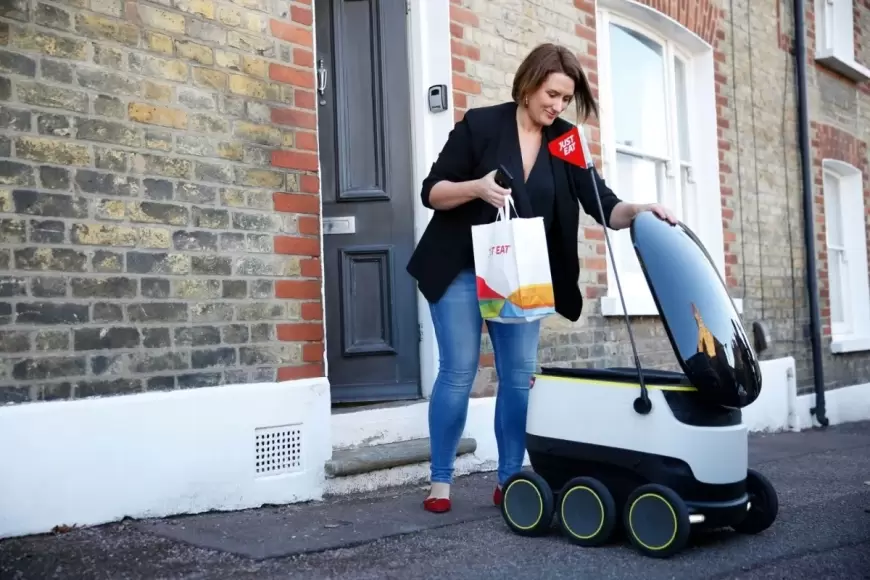Aid Reaches Gaza for the First Time in Two Weeks Since Israel&Hamas Conflict Began
Some essential help has finally made its way into Gaza from Egypt. This marks the first delivery of aid since the Israel-Hamas conflict started about two weeks ago. Reports from the Egyptian TV channel Extra News state that around 20 trucks began crossing the Rafah border point on a Saturday morning. Officials from Palestine have confirmed that these trucks carried vital supplies like medicines, as well as limited amounts of food like canned tuna and pasta. European Commission President Ursula von der Leyen applauded this step, saying it's an "important first step" that will lessen the difficulties faced by innocent people. She extended her thanks to everyone involved in making this happen. The World Food Program mentioned that the convoy brought in 60 tons of food. Moreover, they have an additional 930 metric tons of emergency food items on standby near Rafah, all set to be taken into Gaza once access is allowed again. This development comes just before Egypt hosted a summit in Cairo, attended by leaders from Italy, Qatar, the United Arab Emirates, Jordan, and South Africa. Also present were senior officials from the European Union, Turkey, and China. Many Arab leaders reiterated their calls for a de-escalation of the conflict, even as Israel continued with its airstrikes on Gaza and prepared for a possible ground offensive. It's worth noting that no senior officials from Israel or the US were expected to attend. Nor were any representatives from Hamas, which has been classified as a terrorist group by both the US and the EU. Israel has been very clear in stating that it won't agree to a ceasefire, a stance supported by major allies like the US and the UK. As world leaders work to ensure Gaza gets critical supplies like water, food, and power, Egypt has emerged as a significant player. After Hamas, the governing body in Gaza, sent militants into southern Israel on October 7, leading to about 1,400 casualties, Israel imposed a comprehensive blockade on the region. President Abdel-Fattah El-Sisi has pushed back against the idea of taking in Palestinian refugees, fearing it might allow Hamas fighters into Egypt. He, along with other Arab leaders, has emphasized that displacing people from Gaza would jeopardize the potential for a two-state solution between Israel and the Palestinians. At the summit, President El-Sisi urged the warring sides to negotiate and encouraged Israel to work towards a peace agreement with the Palestinians. This comes after a flurry of diplomatic efforts from the US and Europe in the past week. They've sent several officials to Arab countries to rally support for Israel and contain the violence within Gaza. Jordan's King Abdullah II expressed concern in Cairo over the message being sent: "Palestinian lives matter less than Israeli ones." He emphasized the potentially catastrophic consequences of continued international indifference and inaction. The opening of Rafah, Gaza's only border crossing that isn't with Israel, has faced complications. It needs agreement from Egypt, Israel, and Hamas. Each party has held the others responsible for the delay in reopening Rafah. The duration of the crossing's accessibility and whether foreigners will be allowed to leave remain uncertain. The US embassy in Israel stated that American citizens might have a chance to depart on Saturday. Still, they cautioned about the situation being uncertain and potentially disorderly. Gaza, with over 2 million residents, has been struggling with shortages of food, electricity, and water due to Israel's blockade. On the Egyptian side of the border, hundreds of aid workers and volunteers have been waiting. Some have taken part in sit-ins to mourn the lives lost among the Palestinian population. Must Read: Elite Firms Withdraw Job Offers to Harvard and Columbia Students Over Palestine Support Letters
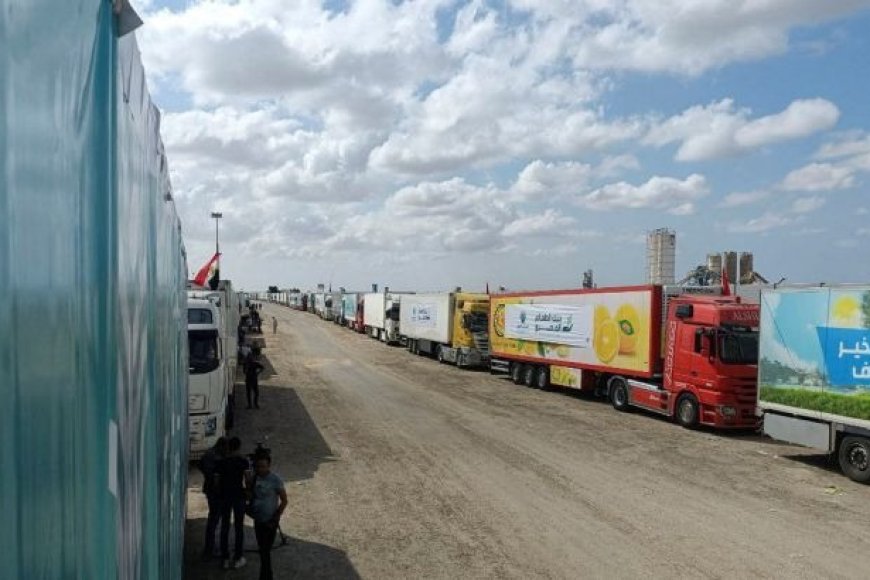
Some essential help has finally made its way into Gaza from Egypt. This marks the first delivery of aid since the Israel-Hamas conflict started about two weeks ago. Reports from the Egyptian TV channel Extra News state that around 20 trucks began crossing the Rafah border point on a Saturday morning. Officials from Palestine have confirmed that these trucks carried vital supplies like medicines, as well as limited amounts of food like canned tuna and pasta.
European Commission President Ursula von der Leyen applauded this step, saying it's an "important first step" that will lessen the difficulties faced by innocent people. She extended her thanks to everyone involved in making this happen.
The World Food Program mentioned that the convoy brought in 60 tons of food. Moreover, they have an additional 930 metric tons of emergency food items on standby near Rafah, all set to be taken into Gaza once access is allowed again.
This development comes just before Egypt hosted a summit in Cairo, attended by leaders from Italy, Qatar, the United Arab Emirates, Jordan, and South Africa. Also present were senior officials from the European Union, Turkey, and China. Many Arab leaders reiterated their calls for a de-escalation of the conflict, even as Israel continued with its airstrikes on Gaza and prepared for a possible ground offensive.
It's worth noting that no senior officials from Israel or the US were expected to attend. Nor were any representatives from Hamas, which has been classified as a terrorist group by both the US and the EU.
Israel has been very clear in stating that it won't agree to a ceasefire, a stance supported by major allies like the US and the UK.
As world leaders work to ensure Gaza gets critical supplies like water, food, and power, Egypt has emerged as a significant player. After Hamas, the governing body in Gaza, sent militants into southern Israel on October 7, leading to about 1,400 casualties, Israel imposed a comprehensive blockade on the region.
President Abdel-Fattah El-Sisi has pushed back against the idea of taking in Palestinian refugees, fearing it might allow Hamas fighters into Egypt. He, along with other Arab leaders, has emphasized that displacing people from Gaza would jeopardize the potential for a two-state solution between Israel and the Palestinians.
At the summit, President El-Sisi urged the warring sides to negotiate and encouraged Israel to work towards a peace agreement with the Palestinians. This comes after a flurry of diplomatic efforts from the US and Europe in the past week. They've sent several officials to Arab countries to rally support for Israel and contain the violence within Gaza.
Jordan's King Abdullah II expressed concern in Cairo over the message being sent: "Palestinian lives matter less than Israeli ones." He emphasized the potentially catastrophic consequences of continued international indifference and inaction.
The opening of Rafah, Gaza's only border crossing that isn't with Israel, has faced complications. It needs agreement from Egypt, Israel, and Hamas. Each party has held the others responsible for the delay in reopening Rafah.
The duration of the crossing's accessibility and whether foreigners will be allowed to leave remain uncertain. The US embassy in Israel stated that American citizens might have a chance to depart on Saturday. Still, they cautioned about the situation being uncertain and potentially disorderly.
Gaza, with over 2 million residents, has been struggling with shortages of food, electricity, and water due to Israel's blockade. On the Egyptian side of the border, hundreds of aid workers and volunteers have been waiting. Some have taken part in sit-ins to mourn the lives lost among the Palestinian population.
Must Read: Elite Firms Withdraw Job Offers to Harvard and Columbia Students Over Palestine Support Letters


